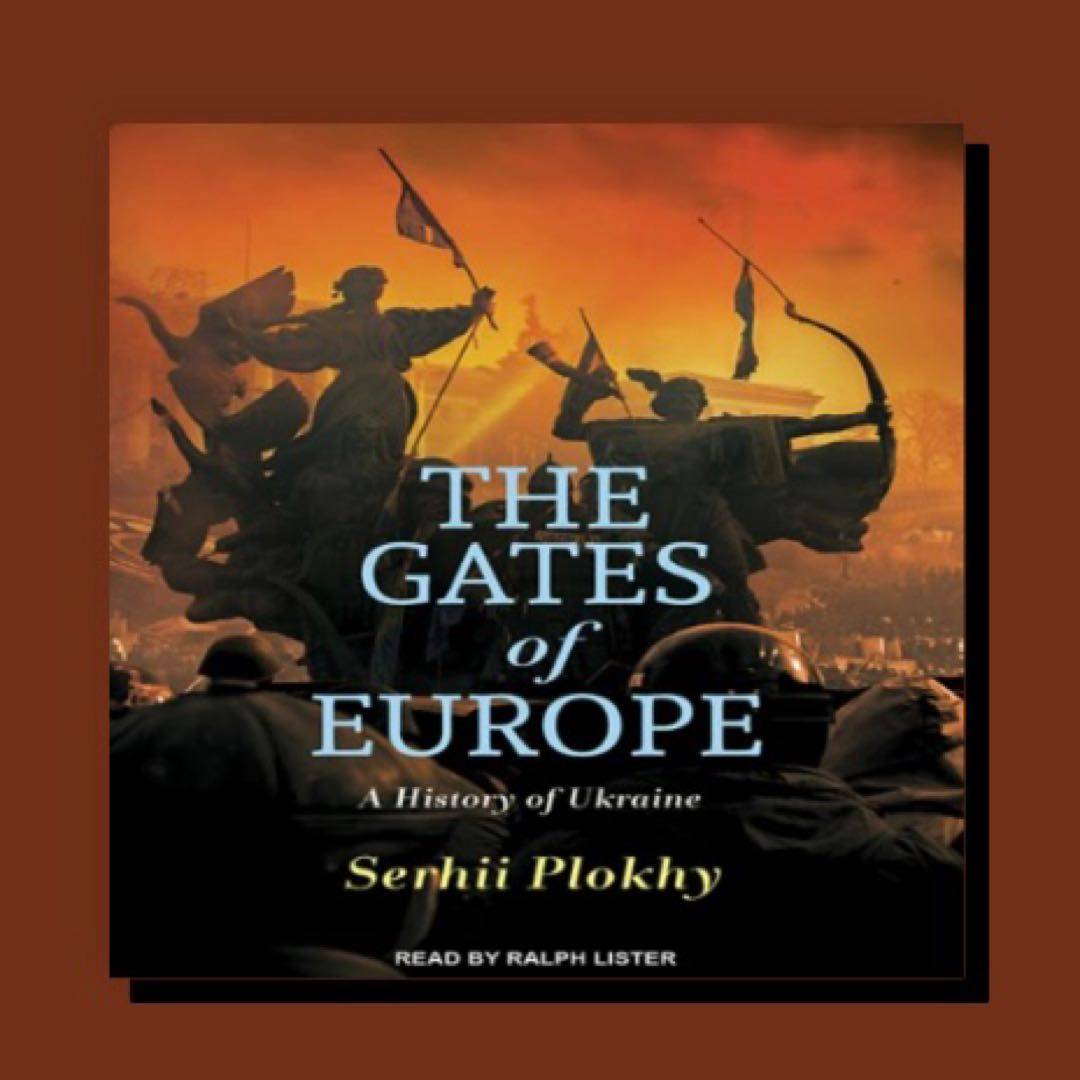
This was informative, almost overly so. This could have been two very good books. I learned many things but I know I missed just as much. This wouldn‘t be the first book on Ukraine I would read but it did add to the overall picture.

This was informative, almost overly so. This could have been two very good books. I learned many things but I know I missed just as much. This wouldn‘t be the first book on Ukraine I would read but it did add to the overall picture.
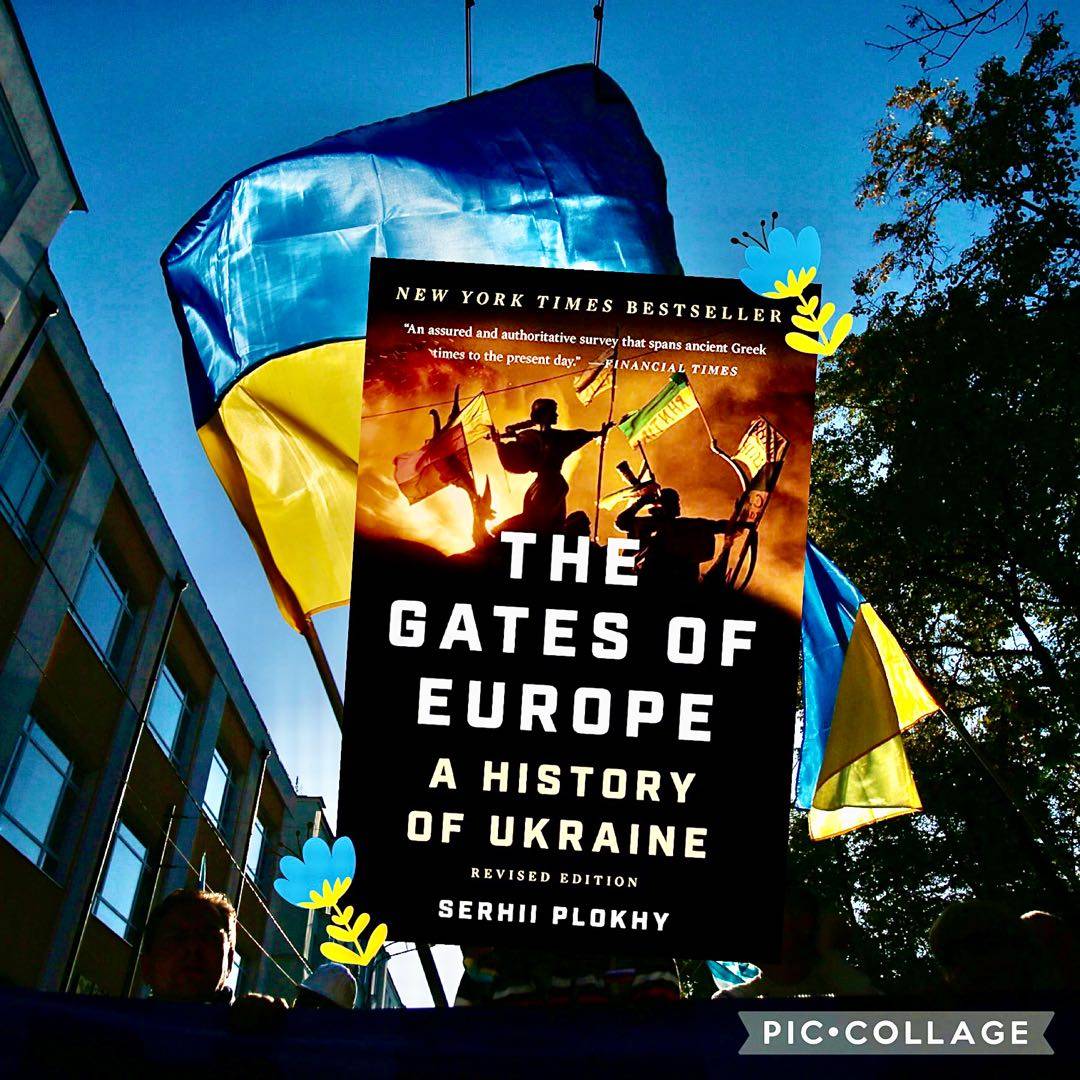
A fantastic review and interpretation of Ukraine‘s history from the time of Ancient Greek colonies to the present day. Plokhy adds rich detail to his fascinating narrative of a little known country‘s long and turbulent history. He makes a lot of important conclusions relevant to the current Russian War on Ukraine and the future of European politics. I look forward to reading more of his work and other books on Ukraine.
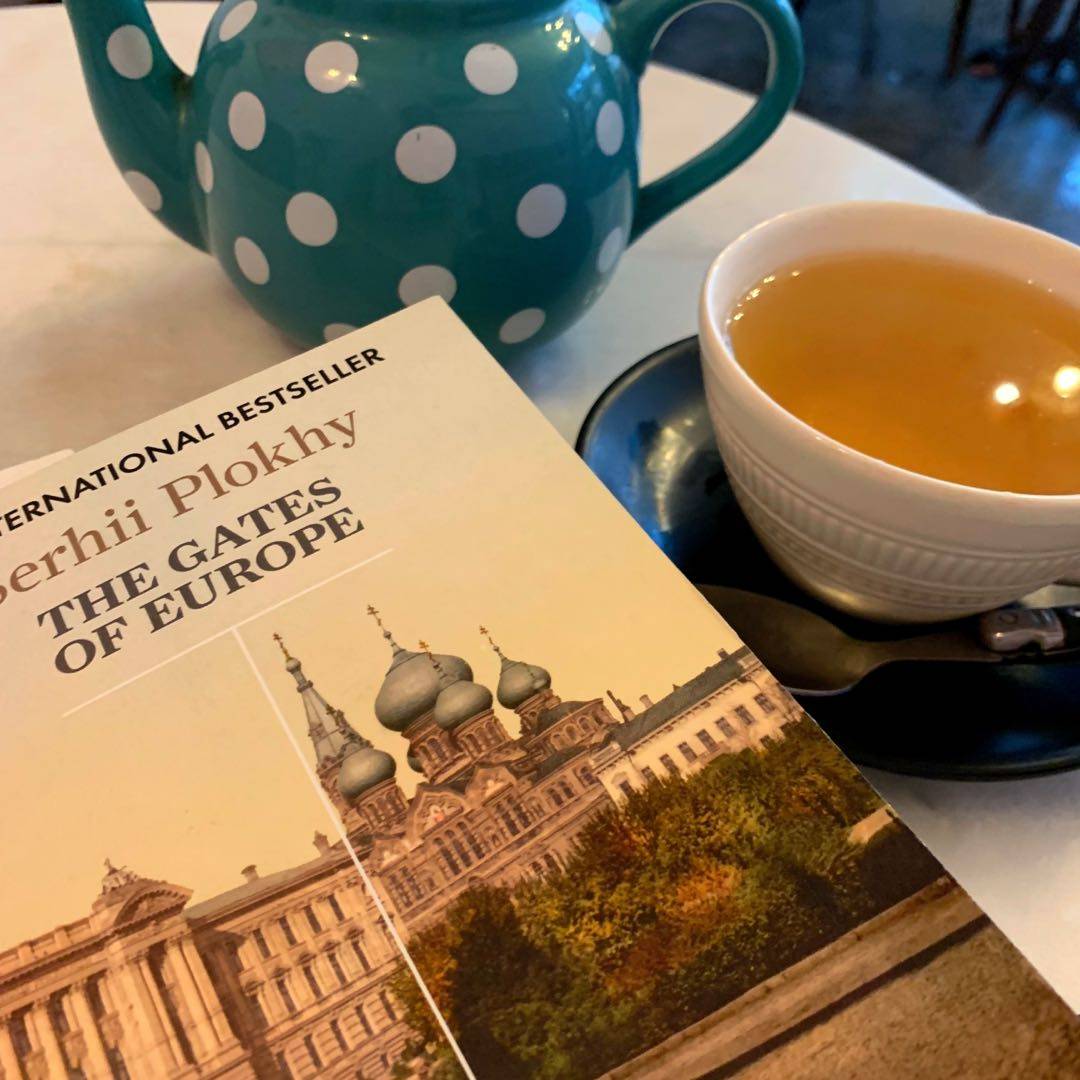
When it‘s raining outside, this is as good as it gets!
Understanding Ukraine - https://bronasbooks.com/2022/05/01/understanding-ukraine-master-post/
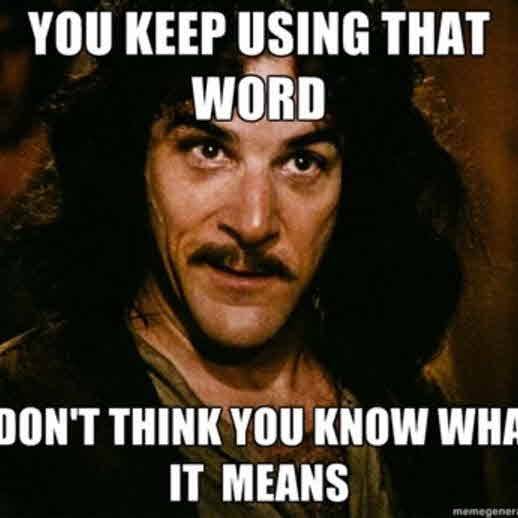
The word ecclesiastical is extremely over used in this book! Quite literally used every few pages.
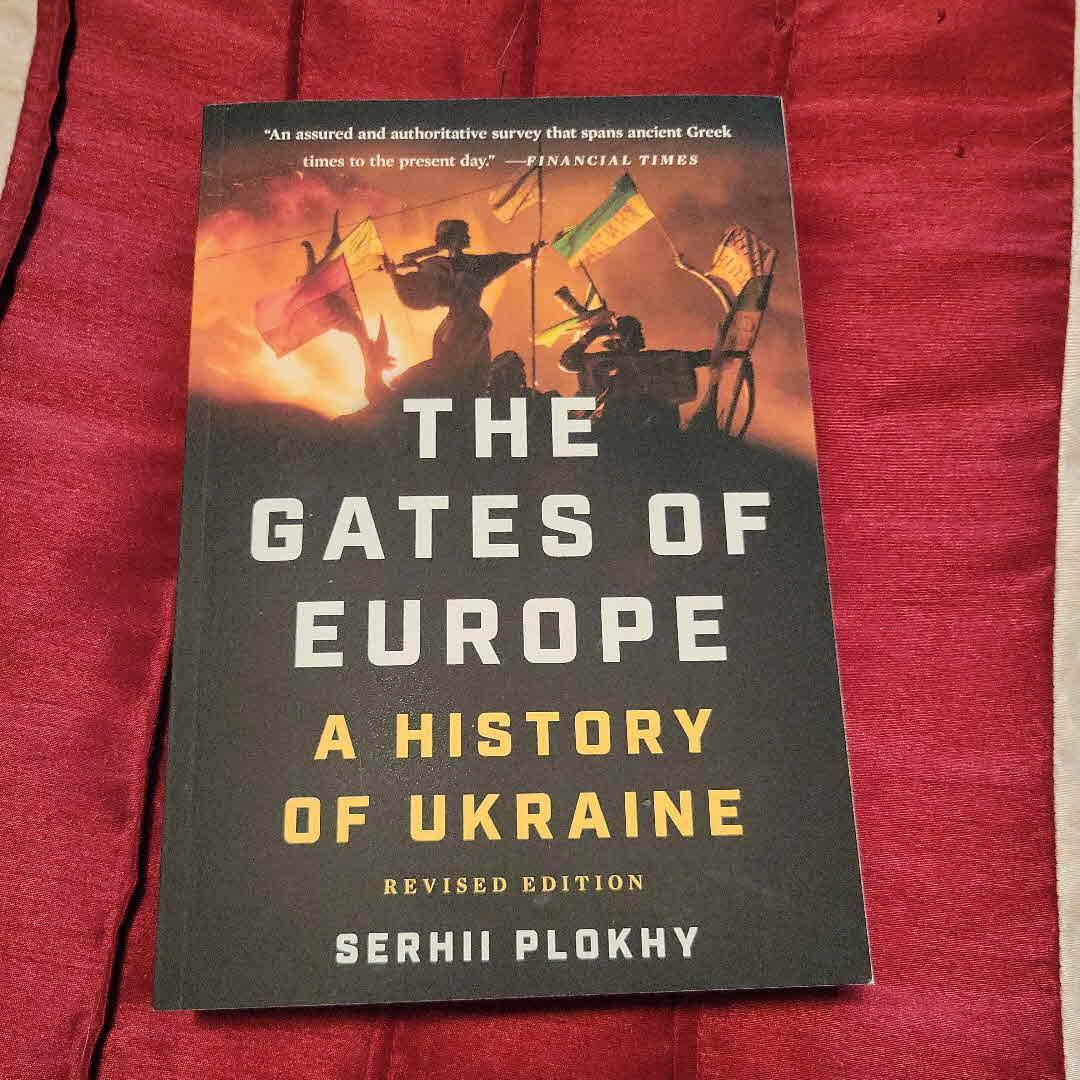
This was just too detailed/dry for me. I tried both print and audio.
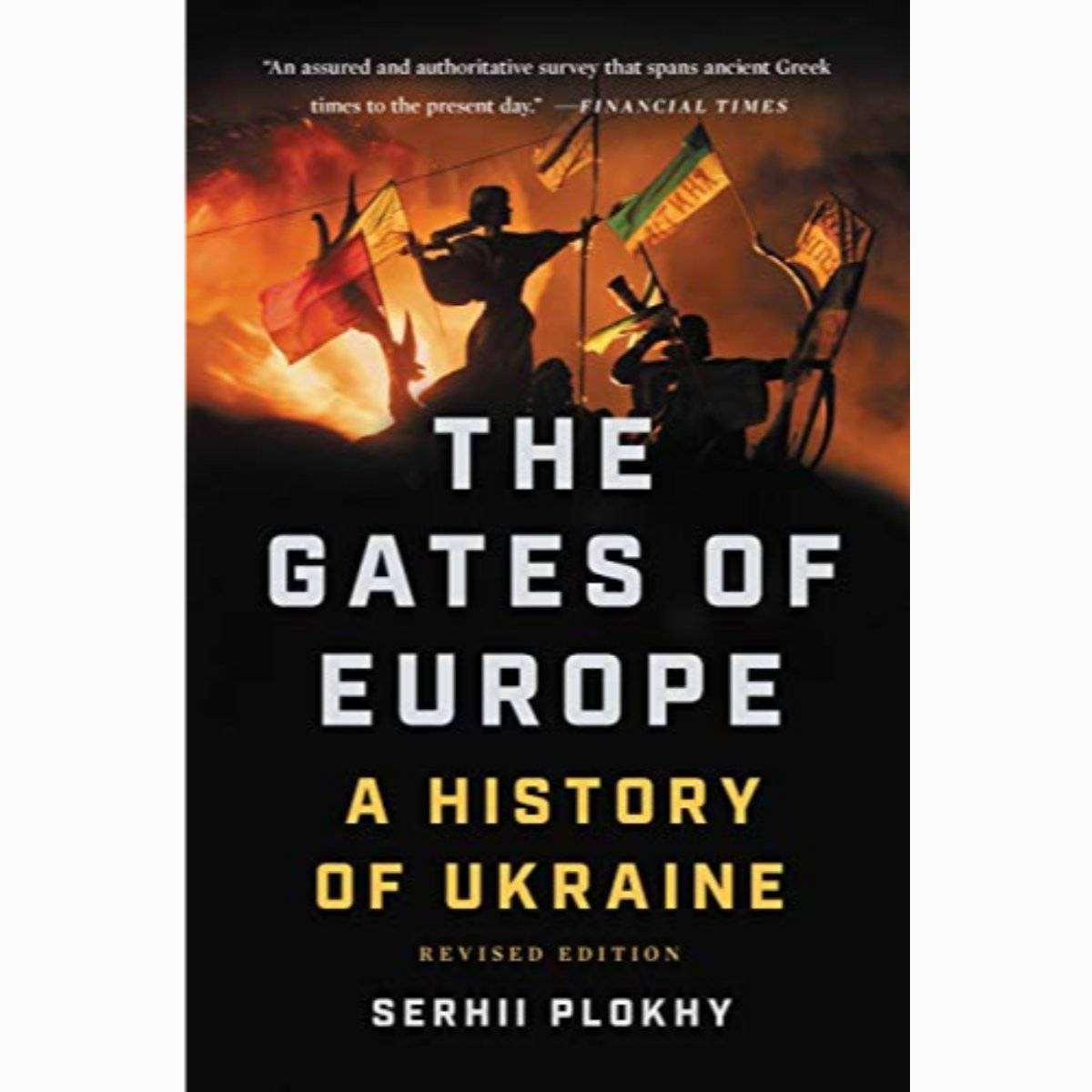
The first historian of Ukraine was Herodotus, the father of history himself.
#FridayReads #FirstLineFridays

Time for research list on European, Ukrainian, Russian history: https://lithub.com/understanding-the-ukraine-crisis-a-comprehensive-reading-list...
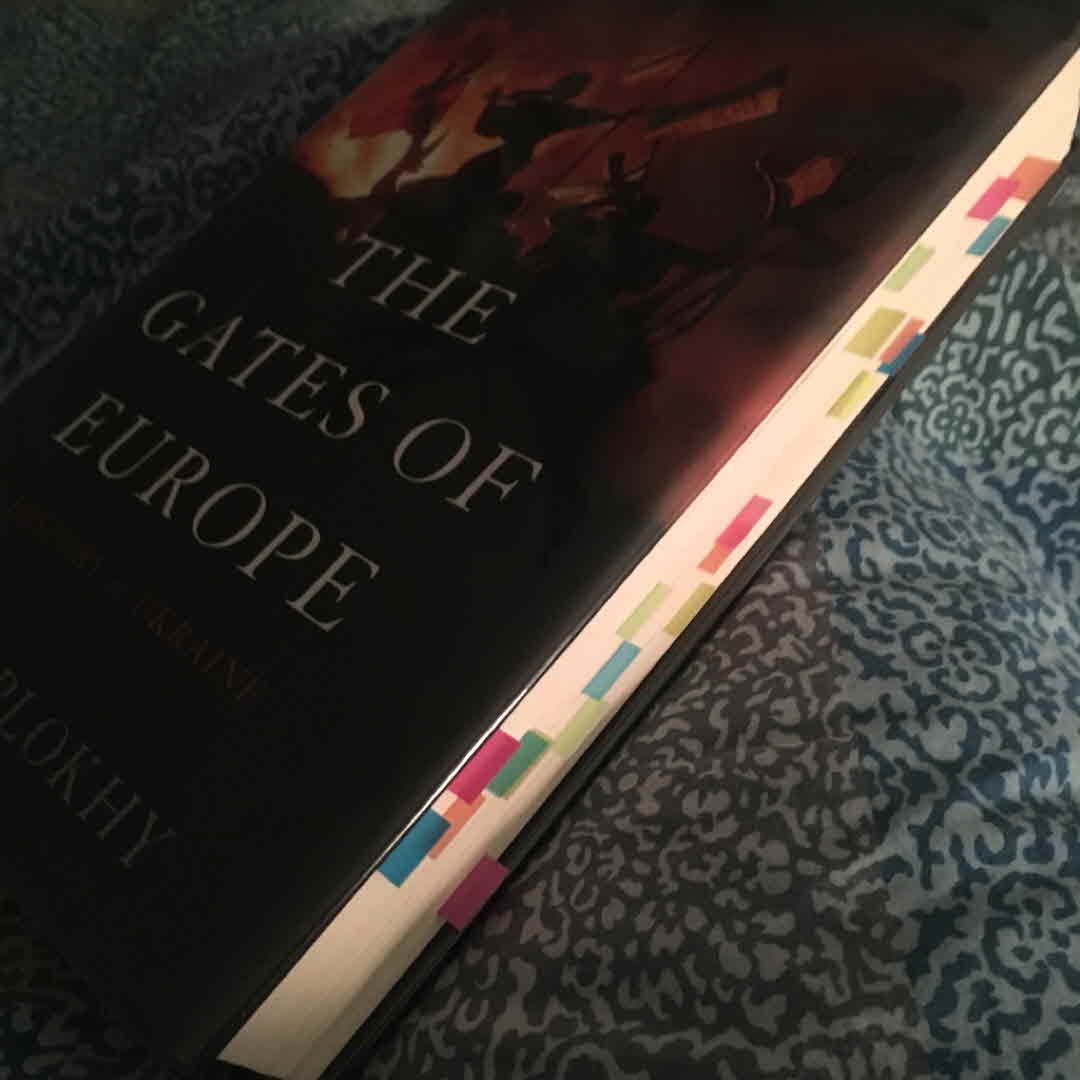
I wanted to like this. I couldn't. Finishing it is a relief more than anything. The writing was far too dry for me. It felt like a recitation of facts with very little interpretation added to it. I think the author undertook too big of a job for one volume. That being said, I did learn a lot about Ukraine which was the ultimate goal. Eh. That alone didn't save it for me.
I wanted to like this. I couldn't. Finishing it is a relief more than anything. The writing was far too dry for me. It felt like a recitation of facts with very little interpretation added to it. I think the author undertook too big of a job for one volume. That being said, I did learn a lot about Ukraine which was the ultimate goal. Eh. That alone didn't save it for me.
But at stake for Ukraine and most of its people in the current conflict are the values that they associate with the European Union -- democracy, human rights, and the rule of law -- and not just potential membership in the union per se.
In his speech to the Ukrainian parliament, President Bush appealed to his audience to renounce "suicidal nationalism" and avoid confusing freedom with independence.
As in the camps, the line between resistance and collaboration, victimhood and criminal complicity with the regime became blurred but by no means indistinguishable. Everyone made a personal choice, and those who survived had to live with their decisions after the war, many in harmony, some in unending anguish. But almost everyone suffered survivor's guilt.
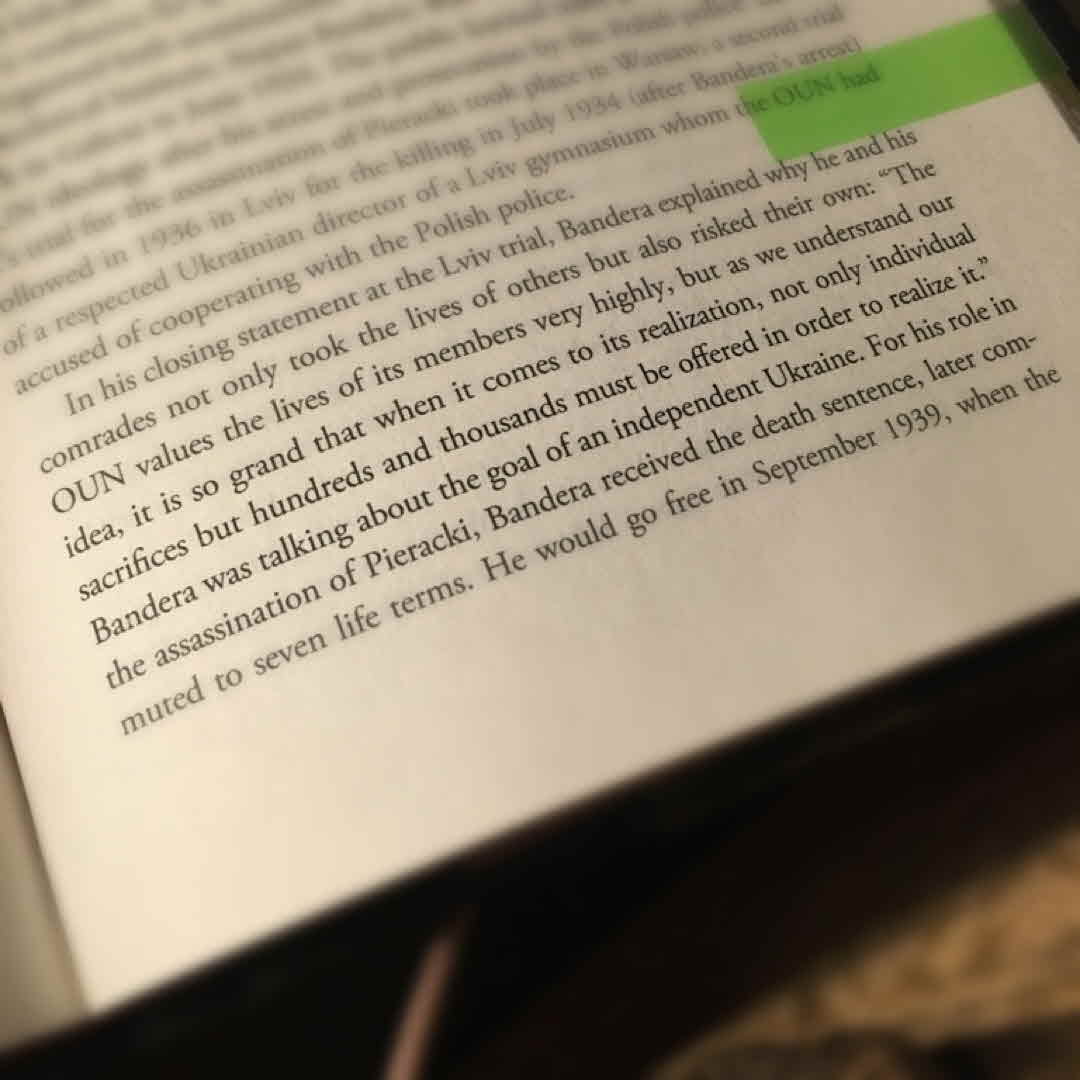
... Bandera explained ... : "The OUN values the lives of its members very highly, but as we understand our idea, it is so grand that when it comes to its realization, not only individual sacrifices but hundreds and thousands must be offered in order to realize it."
Moscow considered the Ukrainians, whose leaders ... had shown themselves capable of unleashing mass peasant uprisings, the most restive and rebellious ethnic minority under its rule, while it saw Russian nationalist aspirations as a major threat to the unity of the multiethnic state.
[Ukrainian communist leaders] embraced the idea that social revolution implied national liberation & that creating a union of sovereign Soviet republics would best achieve both.
It was one thing to proclaim independence and quite another to achieve it.
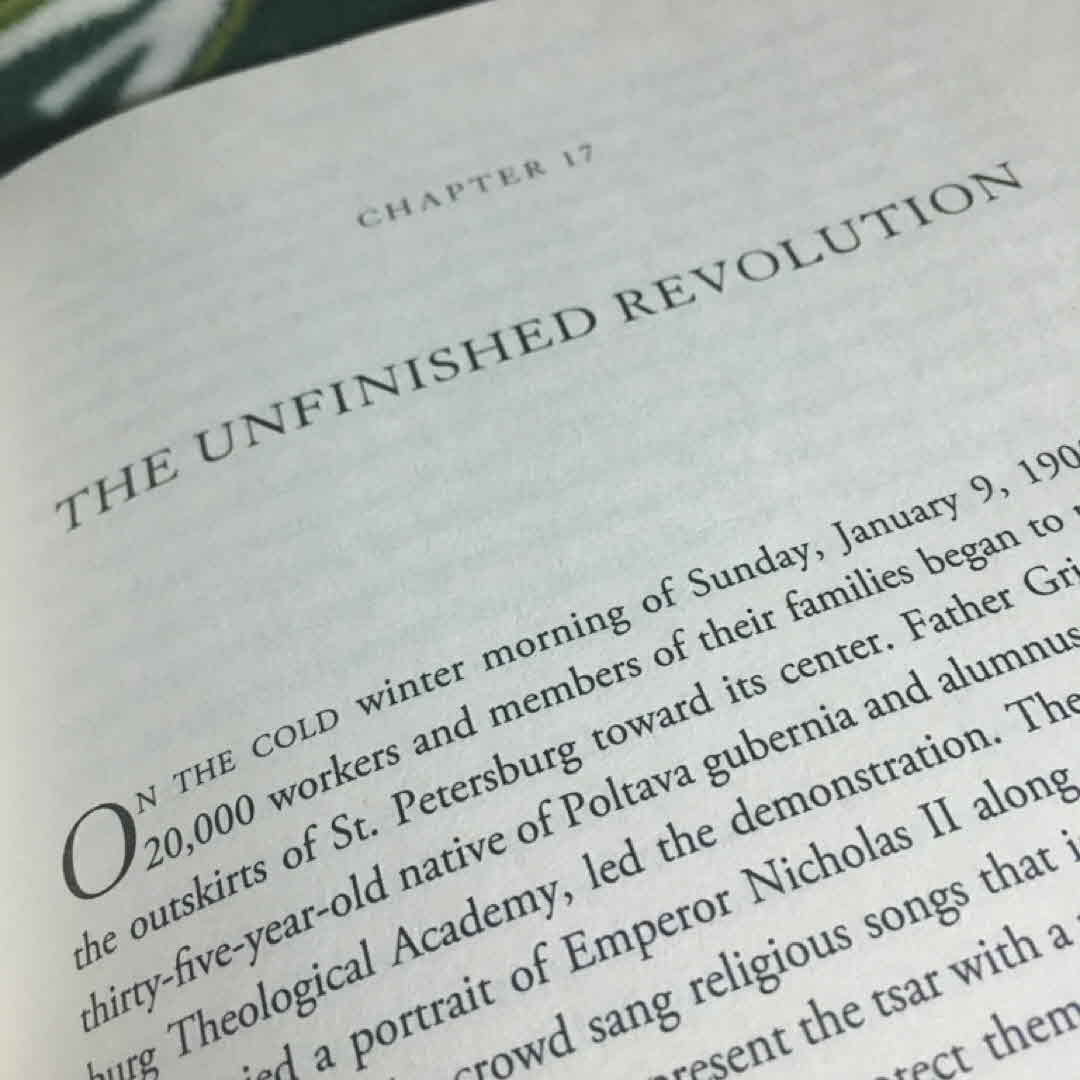
"We did not ask for much; we wanted only that without which there is no life, only hard labor and constant suffering."
[Kapnist] wrote, "And you burden them: You place chains on the hands that bless you!"
The Pacta [et conditiones], known in Ukraine today as the Constitution of Pylyp Orlyk, is often regarded as the country's first constitution, adopted, many say with pride, even before the American one.
The idea of Ukraine as a separate polity, fatherland, and indeed nation did not disappear entirely but shifted out of the center of Ukrainian discourse fort more than a century.
"We were born in liberty, brought up in liberty and, as free men, we are returning to it," [Nemyrych] told the deputies.
...the Cossacks had fought for and deserved "Golden Liberty" -- a code word for the same rights and liberties as enjoyed by the commonwealth nobility.
But whereas the Vikings had also traded with Constantinople, the Cossack expeditions were akin to pirate attacks on seashores from the Mediterranean to the Caribbean. They came to rob, take revenge, and, as Ukrainian folk songs related, liberate long-suffering slaves.
'If a wolf come among the sheep, he will take away the whole flock one by one, unless he be killed. If we do not thus kill him now, he will destroy us all.'
"If a husband marries a girl and finds her to be a virgin, he says to her, 'If there were something good in you, men would have desired you, and you would certainly have found someone to take your virginity.' Then he sends her back and frees himself from her."
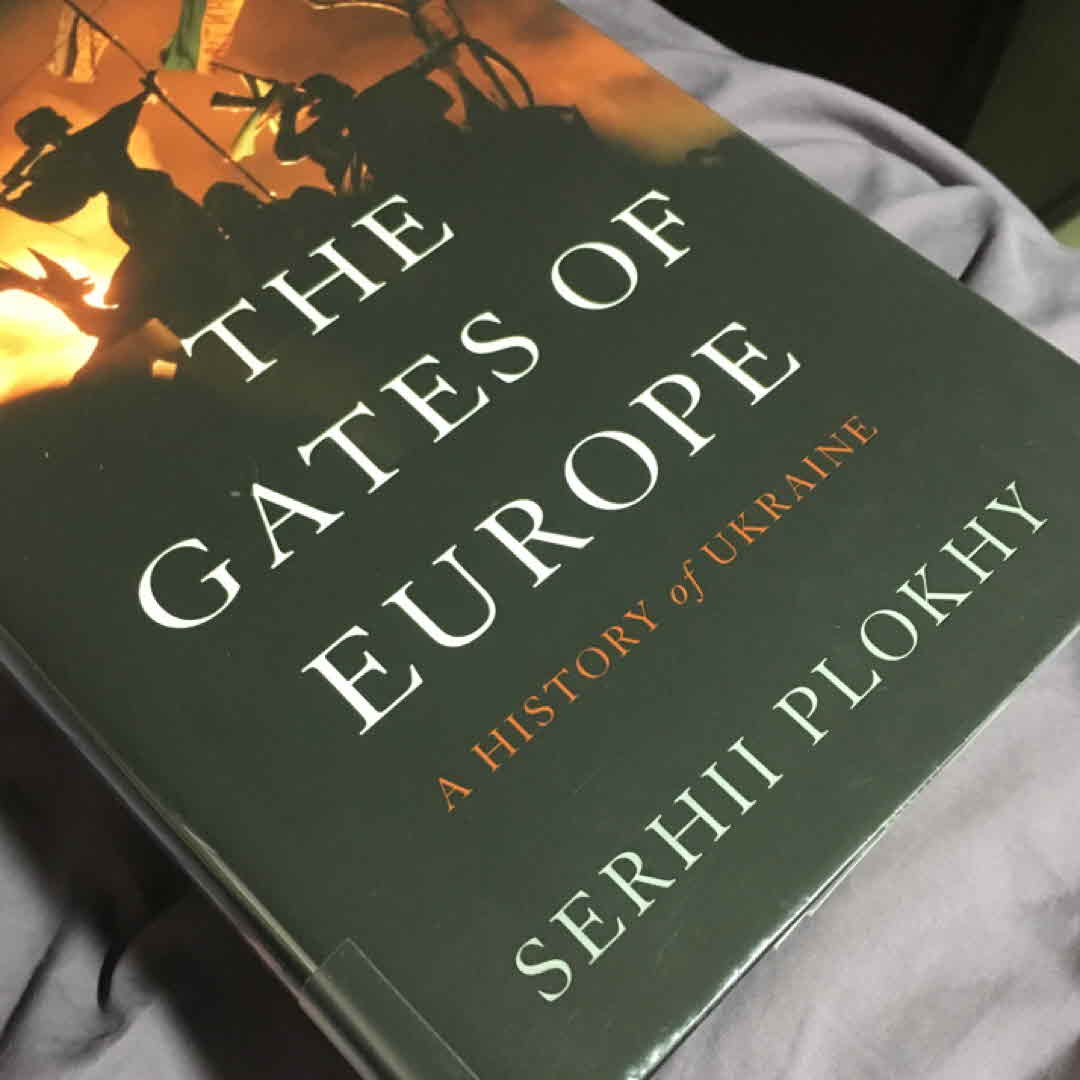
"For these nations," wrote Procopius, "the Sclaveni and the Antes, are not ruled by one man, but they have lived from of old under a democracy, and consequently everything that involves their welfare, whether for good or for ill, is referred to the people."
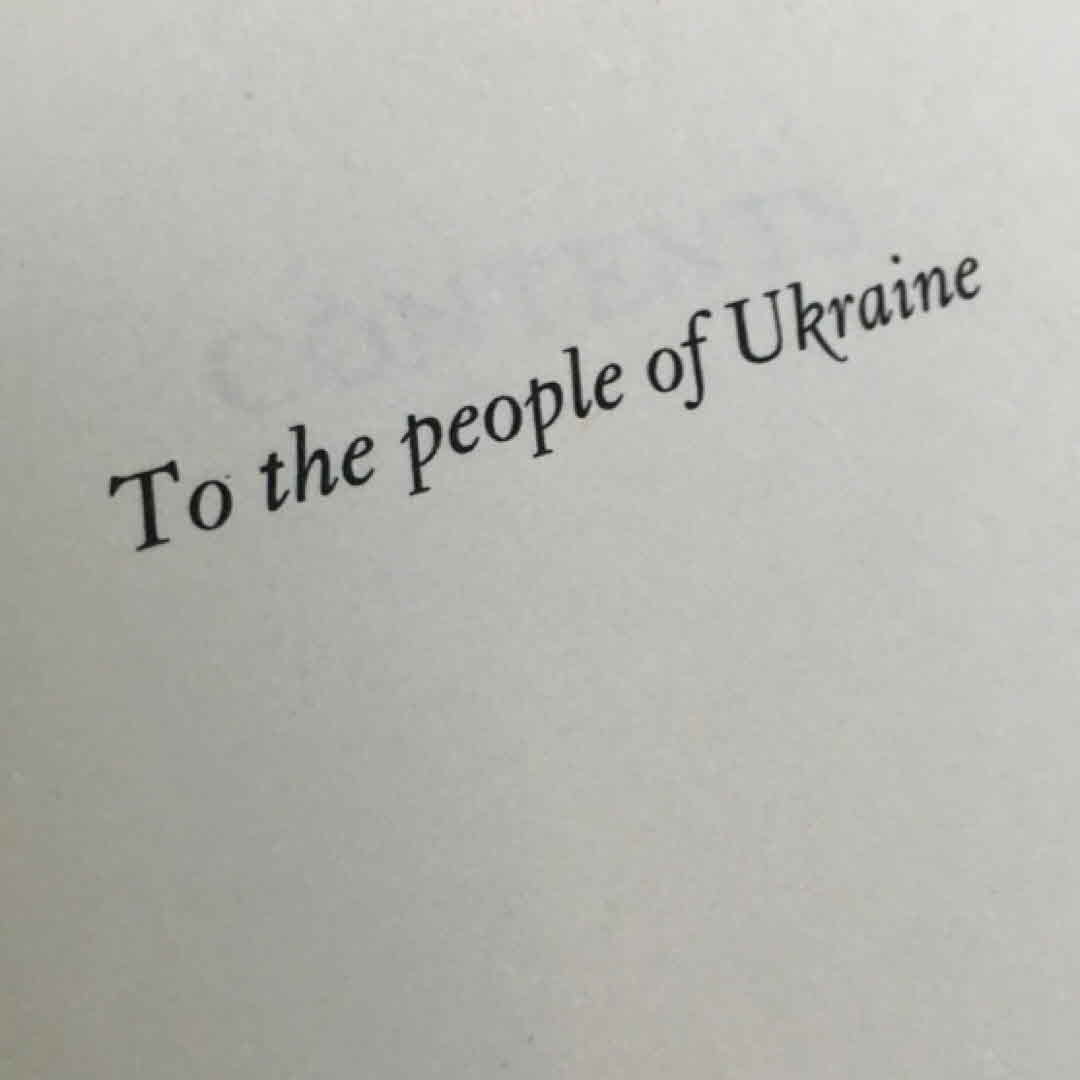
I've recently starting talking to a gal from Ukraine. In just a short time, she told me things I never knew. It piqued my interest. There is not a lot of attention paid to or material on the history of Ukraine. By the way, lesson one from her, it's Ukraine NOT the Ukraine. So, giving this a shot.